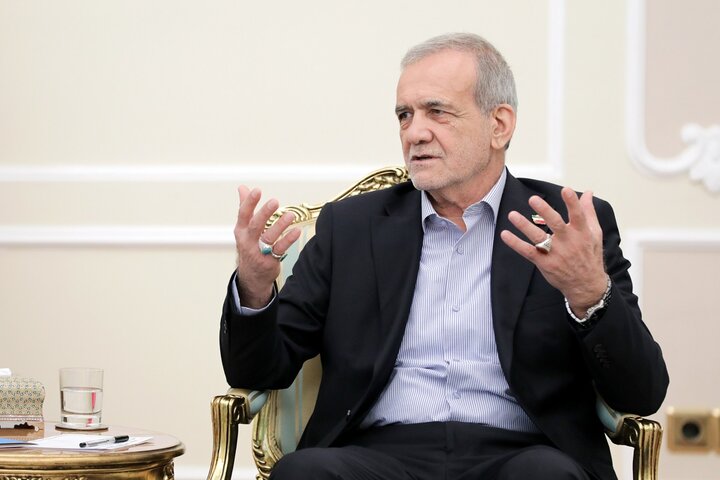
Rewritten Title:
“Experts Challenge Justifications for Internet Restrictions, Call for Transparent Review”
Questioning the Motives Behind Internet Filtering
In an open letter addressed to the president, prominent figures Mohammad Mahajeri, Abbas Abdi, and Fiyaz Zahed have raised critical concerns about the rationale behind widespread internet restrictions. Their statement, published in Etemad newspaper, argues that many official claims justifying online censorship are misleading. Instead, they propose forming an independent expert panel to assess the issue transparently and provide evidence-based recommendations.
Uncovering Hidden Agendas
The authors highlight two primary motives often cited for filtering—opposition to foreign surveillance and national security—but suggest these serve as cover for a far more significant, unspoken driver: the lucrative market for VPN services. Estimates indicate Iran’s VPN industry generates a staggering 20 trillion tomans annually (approximately $400 million). When WhatsApp was briefly unblocked, VPN usage dropped by 8–12%, costing providers nearly 2 trillion tomans—prompting renewed lobbying for restrictions.
Critics argue that filtering fails to achieve its stated security goals. “If an entity seeks to spy, they’ll simply use premium VPNs,” the letter notes. “Filtering only inconveniences ordinary citizens while enabling covert actors to operate more discreetly.”
Flawed Logic and Economic Fallout
The comparison is drawn to banning knives to prevent crime while ignoring their essential daily uses. Similarly, blocking global platforms harms millions of legitimate users without deterring determined bad actors. Meanwhile, Iran’s internet infrastructure suffers degradation, and citizens face mounting costs to bypass restrictions.
Worse, VPNs—often developed by foreign entities—create new risks. “These tools expose users to espionage recruitment,” the authors warn, noting that Israel and Western-linked firms dominate the market. Ironically, filtering grants more countries access to Iranian data, as VPN traffic routes through external servers.
A Call for Evidence-Based Policy
The letter urges the president to:
- Convene an impartial expert group to evaluate filtering’s impacts.
- Reject opaque decision-making influenced by vested interests.
- Recognize the economic toll of restrictions, which enrich VPN sellers while isolating Iran digitally.
It also critiques the “class-based internet” system, where elites enjoy unfiltered access while ordinary citizens bear the brunt. “If all officials experienced filtered networks, they’d hear the public’s frustration,” the authors remark.
Conclusion: Rethinking Cybersecurity
True security, they argue, requires openness, not obstruction. “Filtering solves nothing—it only masks problems while harming national interests.” The appeal closes with a pointed question: “Why is Telegram blocked yet used by 55 million Iranians? Is this policymaking or denial?”
Key Takeaways:
- VPN profits, not security, may drive filtering policies.
- Restrictions fail to curb espionage but harm Iran’s digital economy.
- Experts demand transparency and a shift toward evidence-based governance.
This analysis underscores the need for dialogue balancing security, economic fairness, and digital rights—all while safeguarding national interests.


